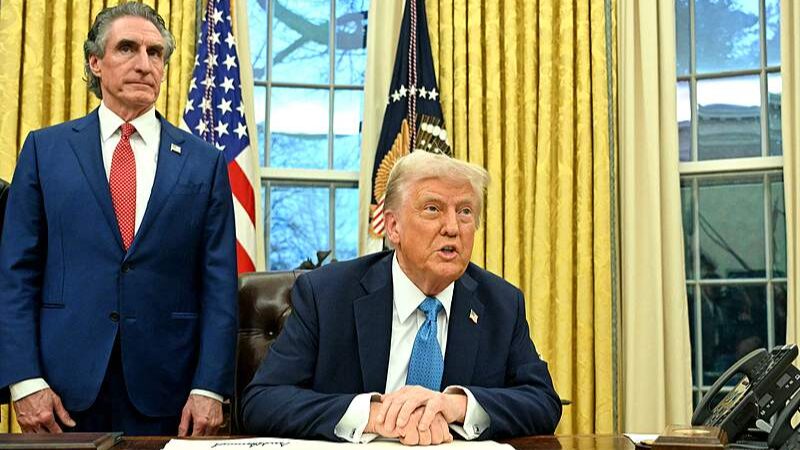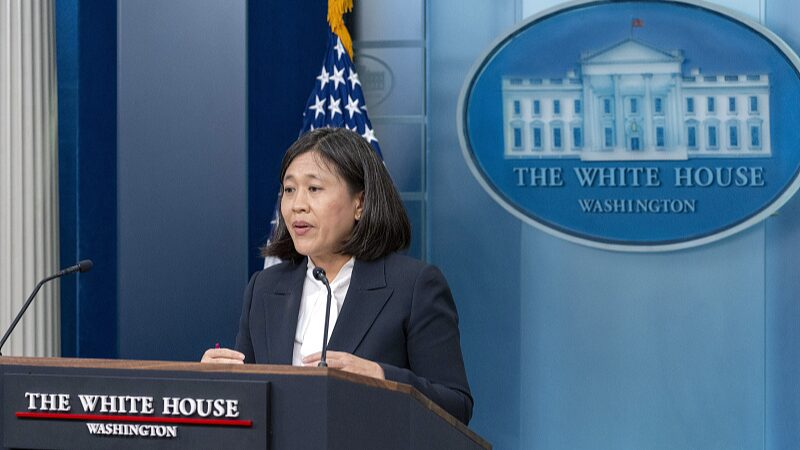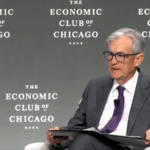Editor's note:<\/strong> Warwick Powell is an Adjunct Professor at Queensland University of Technology and a Senior Fellow at Taihe Institute, Beijing. The article reflects the author's opinions.<\/i><\/p> Drawing parallels to Samuel Beckett’s Waiting for Godot<\/i>, Warwick Powell analyzes the US-China trade war as a performative deadlock rooted in strategic missteps. The piece critiques Washington’s focus on trade deficits and punitive tariffs, arguing that these measures misunderstand the structural realities of a global economy shaped by decades of US-led policies.<\/p> Powell highlights how the US dollar’s reserve currency status and corporate offshoring strategies inherently drive trade imbalances. He challenges the narrative framing China as a disruptor of the "liberal order," noting that Beijing’s economic practices reflect adaptation to—not deviation from—globalization’s rules. Intellectual property disputes and accusations of unfair trade, he suggests, mask deeper anxieties over technological multipolarity.<\/p> The article contends that US administrations since 2018 have pursued a flawed "decoupling" agenda based on outdated national accounting models. This approach, Powell argues, neglects the interconnectedness of supply chains and capital flows while exacerbating economic uncertainties for businesses and investors.<\/p> By framing the trade war as a geopolitical "tragicomedy," Powell underscores the urgency for policymakers to move beyond grievance-driven rhetoric and address systemic shifts reshaping Asia’s role in the global economy.<\/p>
Reference(s):
cgtn.com








